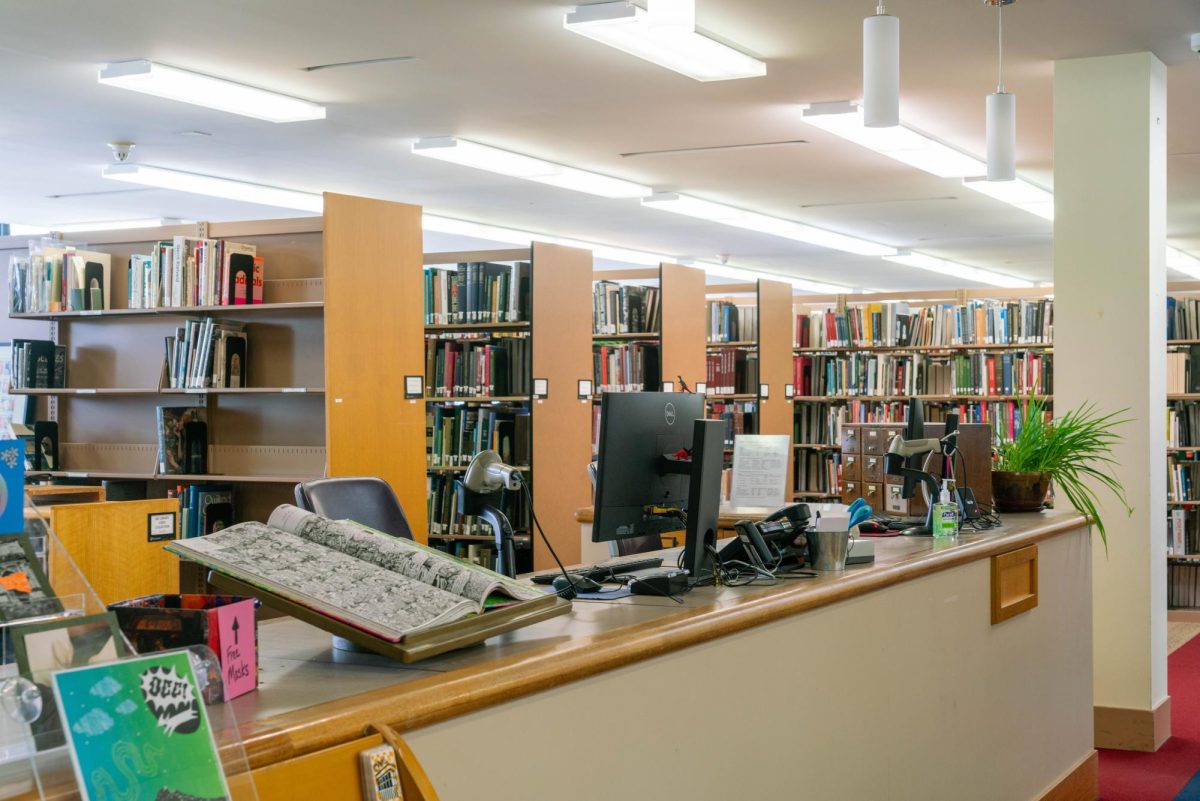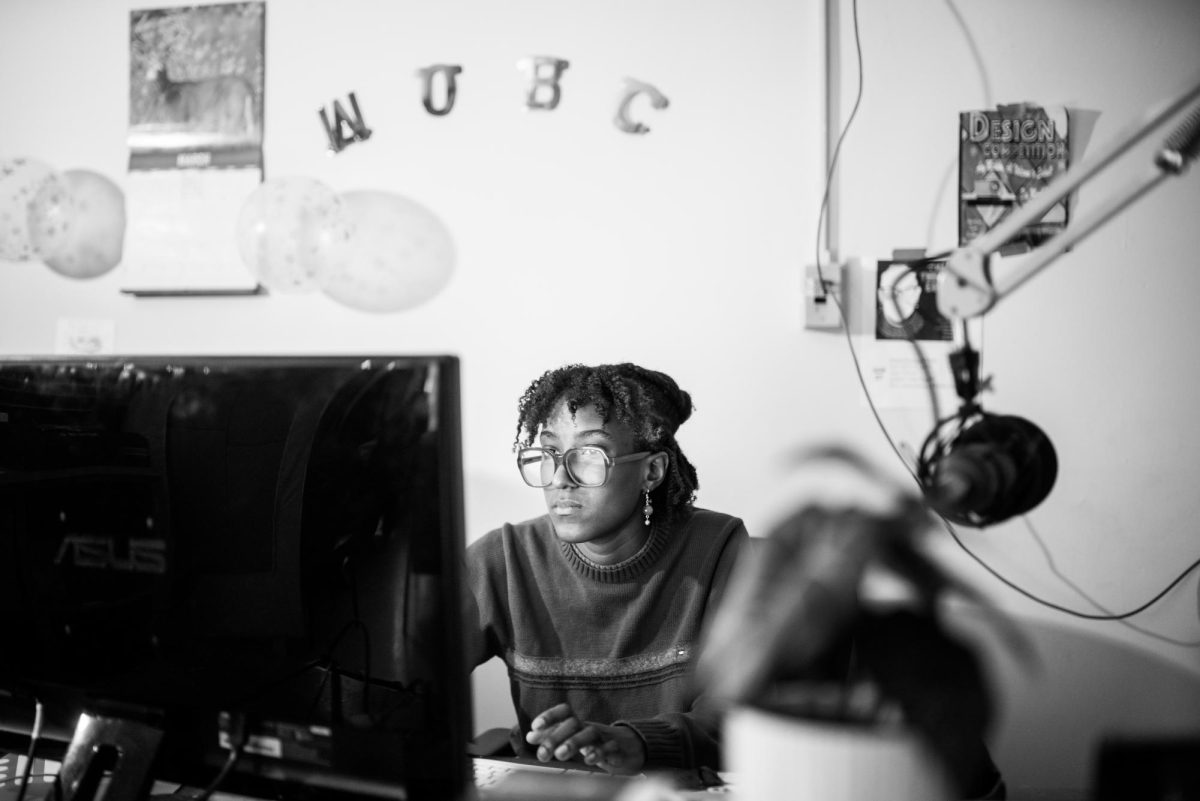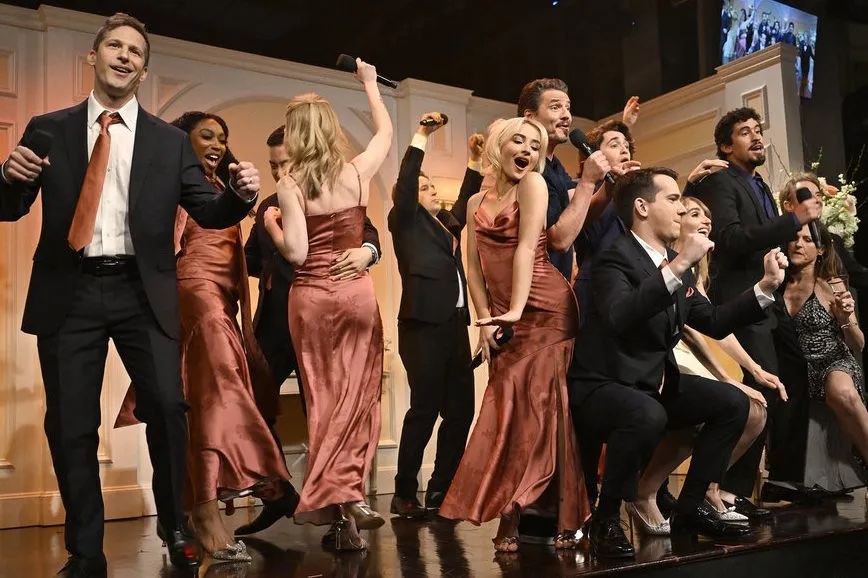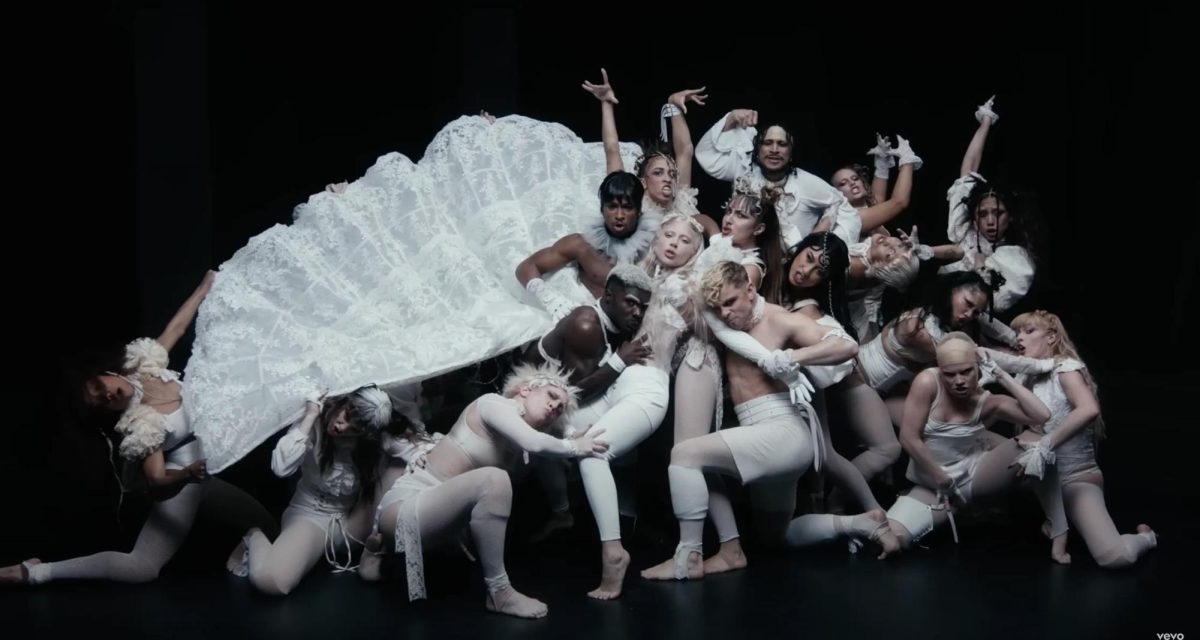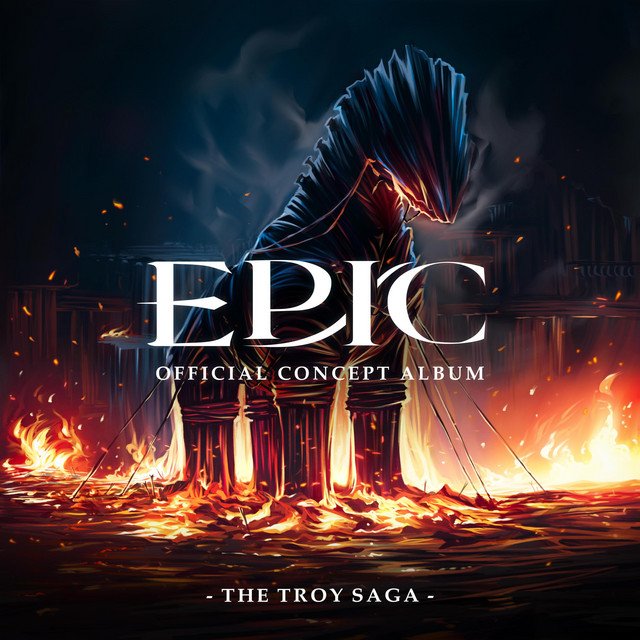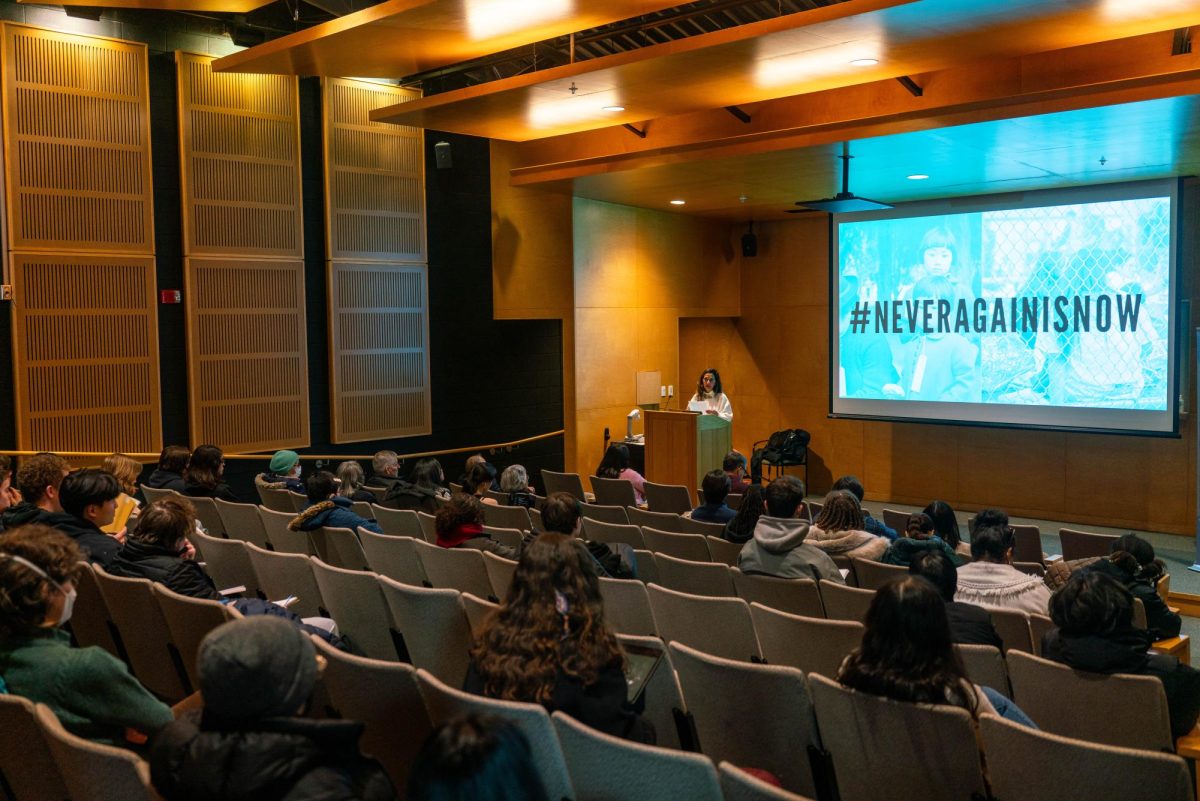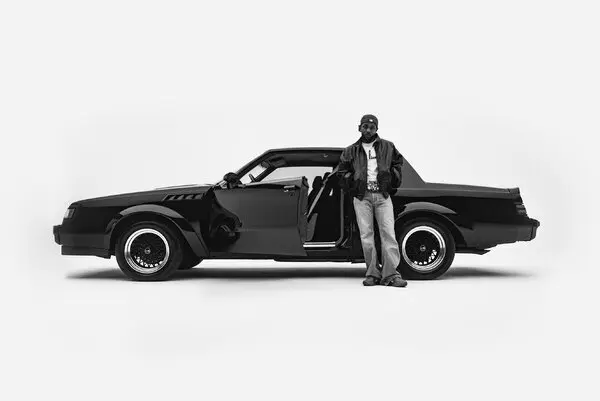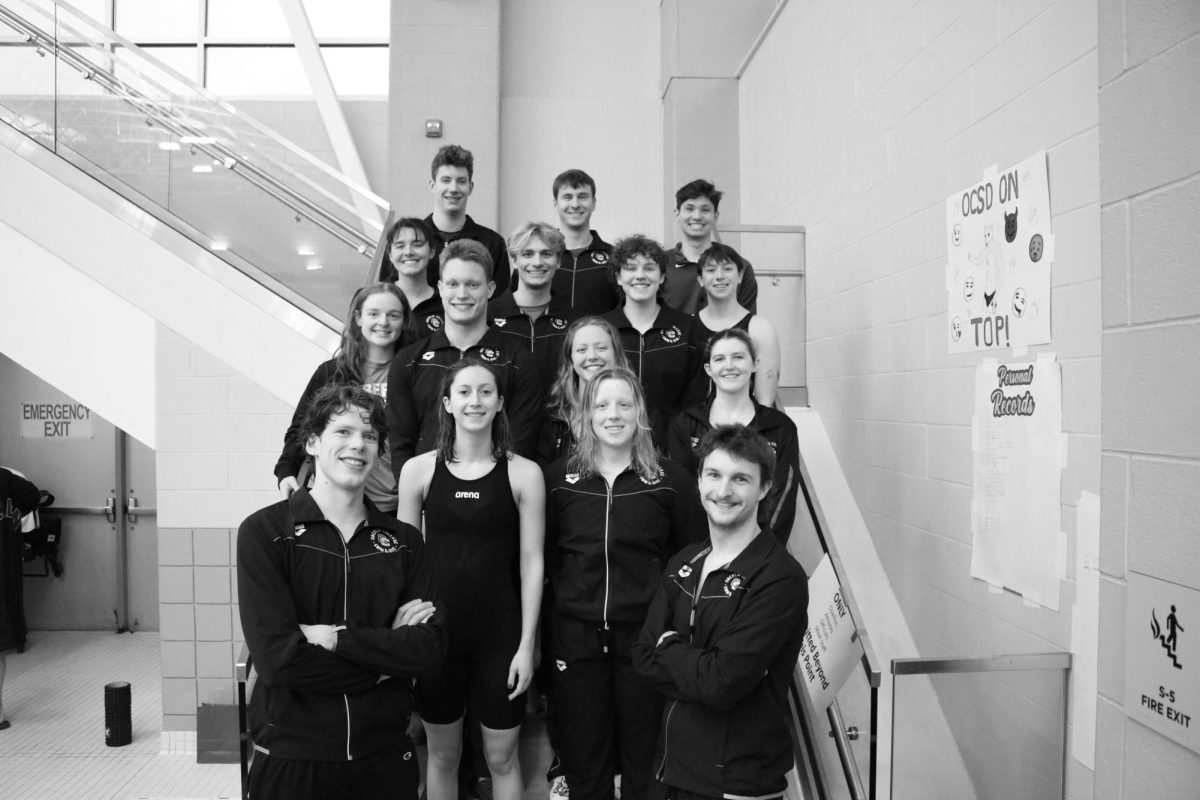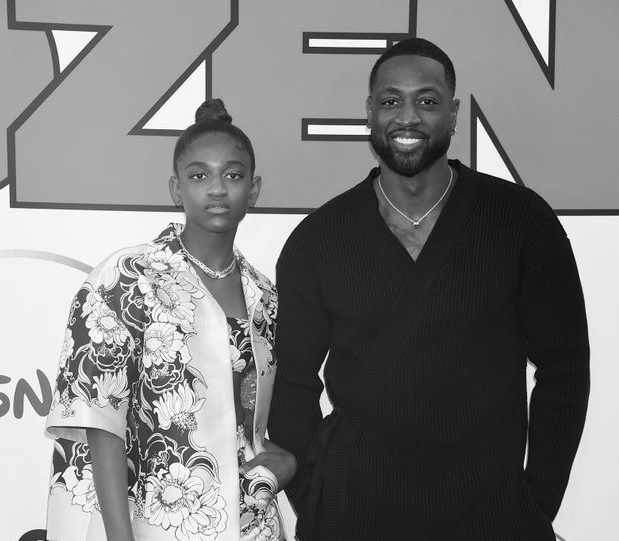Culture Clash: Intersection of the Political and Apolitical
February 21, 2014
This past Saturday afternoon, when asked about his time in school, director Ryan Coogler emphasized several times that the reason we are in school is to “understand how we relate” to what we love and what we study. When he was younger, he said, it wasn’t that he didn’t know anything about film; it was that he didn’t understand anything about himself.
For many of us at Oberlin, how we relate to our work is intimately political. As I wrote last week, the infamous rhetoric still lingers in Oberlin: “Think one person can change the world? So do we.” But we know, perhaps intuitively, that a beautiful piece of work is one that stands at the intimate intersection of the political and the apolitical. Ryan Coogler’s Fruitvale Station does exactly that.
On Saturday — the day after Valentine’s Day — a few hundred students and other members of the Oberlin and larger Ohio community gathered at the Apollo Theatre for a screening and discussion with the 27-year-old director, Coogler, of Fruitvale Station, a film about the last day in the life of Oscar Grant III. Oscar, as he was fraternally called during the discussion this weekend, was lying face down, restrained and unarmed, on the Fruitvale Station BART train platform in Oakland, CA, when he was shot to death by police officer Johannes Mehserle in the early morning hours of New Years Day 2009. Detailed footage of the murder was caught by bystanders using their phones as video cameras and was released publicly soon thereafter.
Neither the film nor the discussion dwelled much on the murder itself. The film is undoubtedly about Oscar’s “relationships with who mattered most,” as Coogler said on Saturday. “The last day of his life was really domestic.” He was facing “challenges to his masculinity,” He was unemployed, and spent much of his day grocery shopping for his mother’s birthday and driving his daughter and girlfriend to and from school and work. He was “still learning what kind of man he was going to be.” Coogler said it was important to him to capture Oscar’s youth in the film.
The question of politics inevitably came up in the post-screening discussion. At first, Coogler said straight up that Fruitvale Station is not a political film. To him, politics indicates things that are “polar,” either on one side or the other. Fruitvale Station deals with the “grey area” of being a person. He described how his inspiration for making the film was largely due to Oscar’s relatability: Oscar looked like him, dressed like him, talked like him. They were both from Oakland.
But as Associate Professor of Africana Studies Pam Brooks, who moderated the discussion, said, there’s no denying that Fruitvale Station is a political film, because it deals with such political issues: police brutality, race, class and gender. Coogler agreed. Someone mentioned during the discussion that the first time they paid attention to politics was when the story of Oscar Grant was released. When a student asked Coogler to comment on telling stories from our own communities, he said it is “incredibly important” to tell stories of our own communities because if we don’t, then either an outsider tells them or no one does. Coogler said there was “incredible pressure” in dealing with such a big issue. He described having to “boil down” the story so that it reflected the larger issues.
Everything is political. But all political things are grounded in the non-political. Politics is just a cauldron in which all intimately human things, like family and love and identity and coming of age, get mixed up into something so complex, inflammatory and important that we call political. Heed Coogler’s advice: Learn how you relate to what you love and what you study. And look to Fruitvale Station as an exceptional example of the beautiful work that can be done when we understand that relationship and allow ourselves to stand at the intimate intersection of the political and the apolitical.
When asked about his success, Coogler simply replied, “At the end of the day, I wish I wasn’t here. I wish Oscar was still here.”





